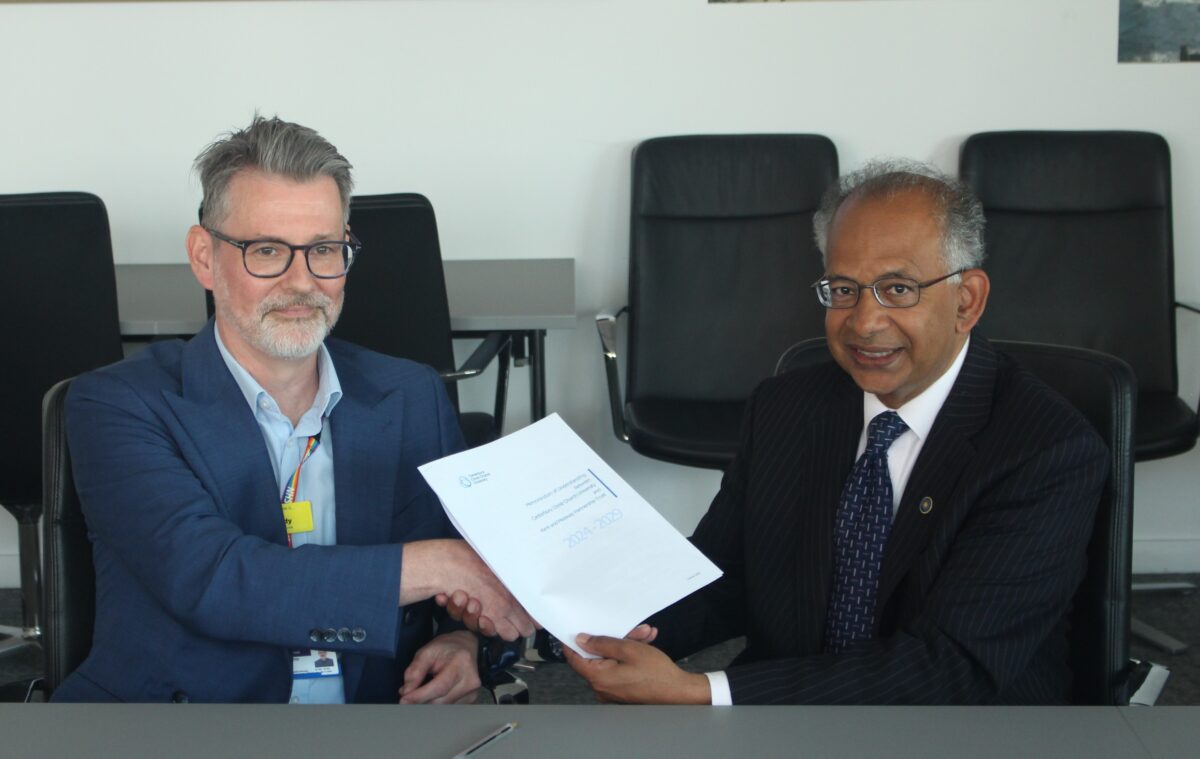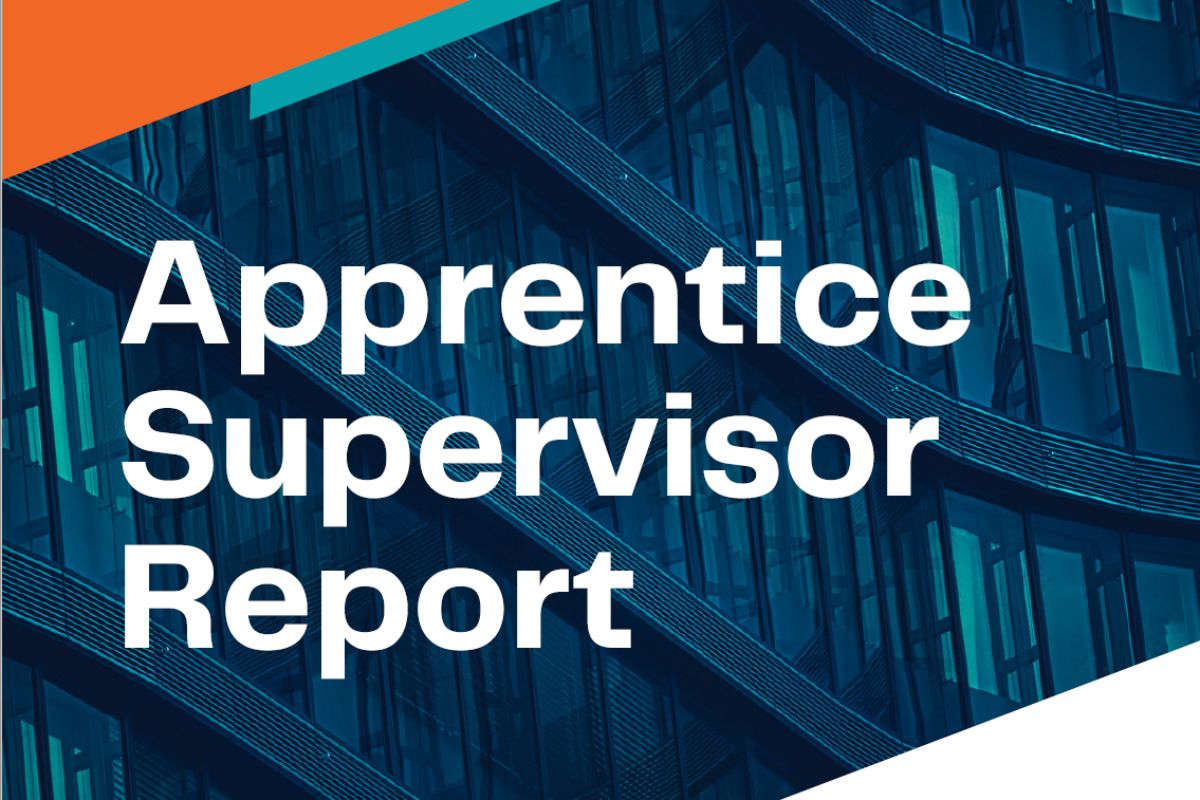Do Leaders have to leave a legacy?

In my ‘paid work’ space I am stepping back from leadership to power up other parts of my life. After what feels like (and has been) a lifetime of charitable, military, and corporate leadership, and c. 20 years leading either directly or indirectly in the FE and skills sector I have been asked for my thoughts on the ‘leadership legacy’. This has got me thinking, if it exists what is mine and does there need to be one?
Firstly, I go back to the start of my leadership journey. I set and was set many objectives but none that I recall included the task of leaving a legacy attributable to me. I really did not set out to make people remember me, nor do I think others do either. In the military we have a saying ‘up, up, and out!’ that reflects the fact that you do the job in front of you, repeat, and then you go and to some extent are quickly yesterday’s ‘fish and chips’ paper!
On the contrary, the very first thing you think about as a leader is surely ‘don’t mess this up’ and avoid a legacy for the wrong reasons, so thereafter you roll through a range of ‘do not do’s’ rather than ‘must do’s.’ These include the obvious such us:
- Do not let anyone get hurt on your watch, thinking mainly in the HSE space.
- Do not let your organisation go bust and to the wall!
- Avoid a data breach!
- Avoid a cyber-attack! (or historical hack-equivalent).
- Avoid a major fraud!
- Avoid a major loss of stock, asset or facility through neglect, fire, theft, and flood!
- Avoid a material fall in quality standards!
- Avoid a corporate prosecution or a personal disqualification!
- Avoid any other type of major reputational incident!
The absence of the abnormal
Right, now we are getting somewhere. The absence of the abnormal (above) must surely create the presence of the normal – the positive flipside. So a leader could be tempted to ‘pat their own back’ if the counter-positives were regularly achieved year on year, being profit, effective Health and Safety, good quality, good cash balances, a positive reputation etc. etc.
Thereafter, we should also consider the Business Cycle and in particular how, in most organisations, the year gone is, ……………….well gone! Profits are rolled forward, past quality is rarely recognised in favour of what you are doing today (just ask Ofsted), cash is either spent or withdrawn and distributed to shareholders, investment in buildings is amortised from the get-go, asset values are impaired and diminish from the off, and little credit is ever given for the absence of a security threat or data breach etc. – just the pain of the presence!
Furthermore, when looking for legacy, are we looking at tangibles or do the intangibles, including the memories and associations matter more?
There are few tangible legacies of real value
In conclusion there are few tangible legacies of real value. Yes, new builds and rebuilds are great achievements but in asset-life terms they are a ‘so what’. They have to happen, don’t they? For example, in my opinion no one is probably that interested in the legacy of having a building or a room in your name, and in the spirit of accepting that no one is indispensable, and everyone should and can be replaced at some point, when leaders leave then someone else takes their place and the old leader can soon be forgotten. Up, up, and out! Therefore, in my view the strength in a legacy is the ability to hand over a going concern of an organisation that is reputationally strong, has good people in it, and by association and brand recognition, people hold the organisation in high regard for doing the right things, rather than simply doing things right. This was certainly my own and Protocol’s experience of how we behaved in the pandemic, perhaps the one enduring adverse event that I led through.
As I transition from day-to-day corporate leadership I think I can look back and say with confidence that the bad things that happened were not that bad (and certainly not in the ‘Avoid List’), no one got hurt, we are a going concern and we achieved year on year positive flipsides. Above all, by association with my personal contribution, both as leader and team-player I hope that I have treated everyone and anyone that I have worked with and alongside with mutual respect, tried to be kind and always fair.
That intangible legacy is better than your name on a building frontage any day of the week!












Responses